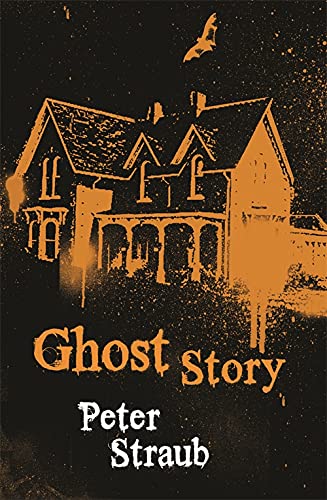The title, Wish I Was Here, and the obvious plays that it makes: Wish You Were Here, You Are Here, etc., point out to me that Wish I Was Here, as a title, works in the present tense. This is not, however, some Fossological present-tensing meta-auto-fiction-biography. It does contain fictions, also some theory, and it is, in part, a 'how-to' manual for aspiring or would-be writers.
I am one of these. I found myself Wishing I Was Here at times during the reading of Harrison's new "Anti-Memoir" as the sub-title refers. But how 'anti-'? This books works as a 'traditional' memoir, and more (as noted above). There are scenes from childhood Christmases in Warwickshire; memories of his climbing days; and scenes and descriptions that sound like they have arrived straight out of a 'bloopers' reel of out-takes that didn't make it into one of the novels.
The funniest part of this very funny book is Map Boy. What is Map Boy? Or, as Harrison himself puts it in the chapter title on page 14, "Who is the Map Boy"? I see Map Boy as the thematic link between several disparate aspects that are variously about aspects of navigating one's life, but in a mode of creative destruction that calls into question the map-function. Psychogeography, climbing, landscape, constant movement, constant moving of house and home, satnavs and actually consulting physical maps, getting lost, never getting found, leaving trails of books behind in old rented flats: all of these things define Map Boy.
Map Boy also gives us a whole chapter on The Weird (yes, both capitalised). Here is a bit of it that really resonated:
"The Weird is a way of writing about the real. It evolved slowly across the twentieth century and then faster than the eye could follow across the first two decades of the twenty-first, arising from constant collisions, engagements and exchanges of fluids between horror story, the ghost story, landscape writing, the hauntological and psychogeographical perspectives. All fictions are cultural, but at the moment the Weird is intensely cultural & self-aware. Do I dar write about it? Or would anything I could say only fix it in some awkward posture? Attribute to it motives it never had? ...
"The Weird is not 'Lovecraftian': it does not belong to H. P. Lovecraft. Neither is it a subset of the Gothic. It is not the same as Freud's uncanny. It does not belong to the set of 'genre-adjacent sui generis', and it is not, as some affirm, a wholly political position. In each and every case it should be a true idiolect. The Weird is not a genre in itself, but a process. It is also an emergent quality which somehow precedes every combination of events, forms, genres and skills it can be said to emerge from...." (Harrison, 2023, pages 77-78)
This applies to the present work, but also to the life described. It is one committed to the fact its weirdness, but it is also, oddly, something that might fit quite well in excerpt in the pages of a Men's Health magazine. I'm not saying it's macho (though Harrison's work has, wrongly I think, been described in such terms), but I would say there is something 'manly' about all of Harrison's writing, and that is very much on display here.
It's somewhat the same feeling I get when I read Walt Whitman, for example. It's a distinctly male-gendered mode of being, but it encapsulates way beyond any reductionism of the male 'gaze'. It's too diverse and open to be so reduced. It's too reductionistic as well to say there's anything Mailer-esque about it, because there's something distinctly French lurking beneath the surface, with the focus on voids, and being as a kind of emptying out.
Does he talk about science fiction and fantasy? Only in very oblique terms, almost seeming at times a bit Priest-like in his disavowal of any easy equation of certain things (himself) and genre. He says the times when he wrote best, or most productively, seemed to be the times when he least considered himself a writer. This is in keeping with the void at the heart of being. There is no heart. There is more horror in Harrison than we give him credit for sometimes too. The dried out black husk of a heart deep down in the back part of the garden weeds.
Seasonality is a high point. As are birds, and vegetation. It is all very landscapey. Walking never gets short-shrift, and is extremely high on the list of valued things in life. There is something depressing, but there is also something hopeful, in living a life so free of illusions. It is a stoic vision, and therefore, manly. Don't get angry, ever, visualise the future events of your life, the better to prepare for them. Harrison is best on age, and its relationship to the delusions of youth. Harrison has always been an old soul, this is clear. His life has been one of catching up with himself, of drafting behind that future constantly running away.
Cling on, he says, you'll get a personal best. But then, too, he hits the wall, like the rest of us. His writing seems to languish for decades, but still somehow to come out the other side. Reading this book had me re-visiting some of my own notebooks, one specifically that I'd considered throwing out. But now I won't.
Harrison, M. John. 2023. Wish I Was Here. London: Serpent's Tail.



